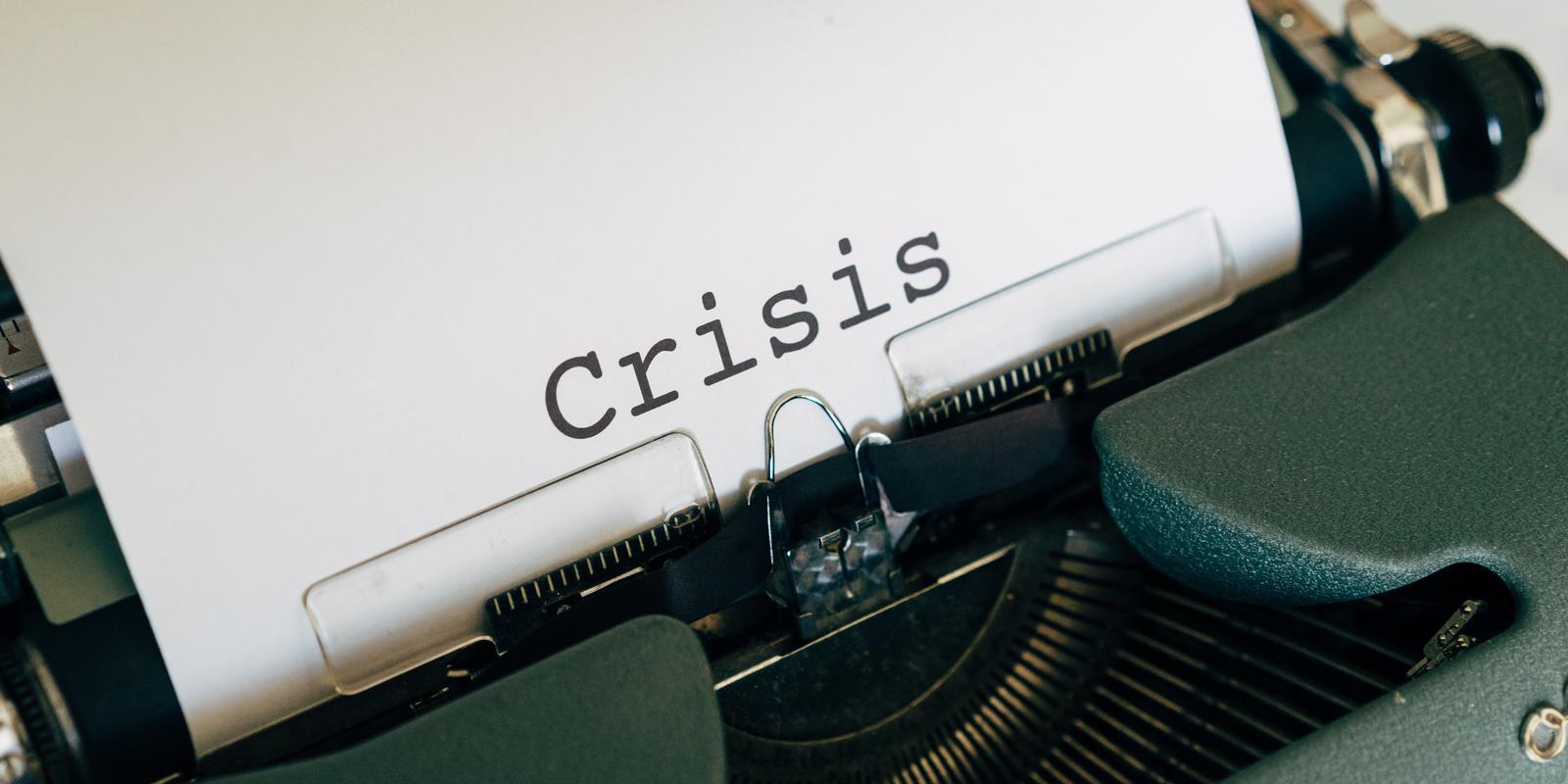Classic Crisis Lessons for Today’s Pandemic Playbook
By Oscar Suris
04/08/20

In the world of crisis communications, PR professionals do deal with tough stuff: bankruptcies, hostile takeovers, C-suite overhauls, product recalls, scandals, major legal judgments, regulatory rebukes, layoffs, restructurings and worse.
But do any of these experiences matter much in a pandemic?
I’ve been reflecting on that question, as I’ve been devouring COVID-19 articles and counseling clients. No doubt, the virus has upended every industry we know. It also has had a humbling way of putting business problems into perspective, because there’s no getting around the fact that millions of lives and our way of life are at stake.
COVID-19 has made us all crisis managers and we’re all rewriting our playbooks.
Still, as our agency has been in the trenches helping clients, we have found our crisis communications experiences to be of value, because – pandemic or not – many of their lessons have proven to be of enduring value.
“Never waste a crisis.” Some clichés are true. As tragic as this pandemic has been, the challenges its tragedies have brought us do present us with opportunities to lead, to summon courage, to place trust in others, to re-examine long-held beliefs, to exercise ingenuity, to show compassion. Some days, it will be opportunities like these that will get you through another day. Make the choice to see them and act. You won’t regret it.
Internal first, external second. This one can be easy to overlook when the stock price is dropping, the cash burn is accelerating, and the customers are complaining. But there’s no crisis survival without your employees. They need to be informed. They need to know the game plan. They need updates. And, most importantly, they need to know what’s expected of them. Satisfy those needs, and a company instantly improves its odds of weathering the storm.
It’s always about stakeholders and context. In a typical business crisis, brands and companies wrestle with what to do and how to be seen. In this pandemic, the same questions are in play, but the price to be paid by anyone who addresses them with blinders on is exponentially higher. Before taking a course of action (especially marketing) you must step back to see the bigger picture, to understand how your employees, your customers, your investors, and your communities are experiencing this moment. And because the pandemic’s state is so fluid, you must keep coming back to these assessments, or risk having your carefully crafted plan endure ridicule. Even if your business is fighting for its survival (and sadly many are), personal and business reputations will be defined by how well we understand the larger context we are navigating.
Teamwork: The key to winning. Every crisis management effort I’ve had the privilege to be a part of has involved teamwork, because you never know where the heroic act or brilliant idea will come from, and no one is immune to the risks a crisis triggers – fatigue, depression, frustration, confusion, victimhood. It’s a time for leaning on one another, and for working efficiently to preserve energy and to maximize problem solving. Lone wolves – and political posturers – get slaughtered in the long run.
Appoint a quarterback. While teamwork is crucial, the team must have a leader. Someone who can ensure the crisis management effort is on track. Someone who can break ties and anticipate the next need. Sometimes this is the CEO. Sometimes it’s someone appointed to lead a cross-functional crisis management team. The key is to have a designated leader – to drive and articulate direction, to head off confusion, and to rally and focus the effort.
The media are not the enemy. Really, they aren’t. They are doing their jobs by covering the news of the crisis. Focus instead on the better story you can create – through the problems you choose to solve, the opportunities you choose to seize, and the contributions you choose to make to the larger cause. Figure that out first, then tell your story. But only do so if you can make the direct connection between your story and its relevancy to the crisis at hand. Fail to do that, and the media – and the public -- won’t care.
To maintain perspective, seek data. Several people have posted negative comments about your situation on Twitter, Facebook and Instagram. Is that a reason to sound the alarms and call reinforcements? The answer: Maybe. It all depends on the data. With so many tools available today to measure precisely how a conversation is playing out on social – its tone, volume, reach and velocity – there’s no reason anymore to overreact to the last tweet. Use of primary research can also be used to stay close to the pulse of public opinion and to understand how lasting the effects of a crisis are likely to be on your stakeholders.
Understand the difference between a long-term and short-term decision. Throughout a crisis, there will be numerous moments when decisions must be made. Recognizing when a decision is of long-term strategic importance versus of short-term value may be the difference between emerging significantly stronger or weaker on the other side of the crisis. And there will be another side to this pandemic. It will likely look different from the world we knew before its arrival. But companies and brands do have some influence over what that future will look like, because their stakeholders’ have memories, and many will remember what they experienced and how they felt. And they are watching.
